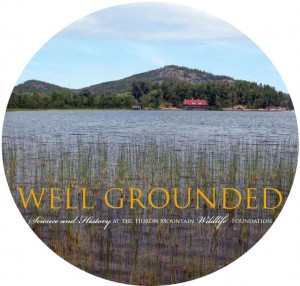History Works produces and publishes limited print runs of high-end history books. Strong, well-written narratives incorporating visual and oral histories are a particular strength. History Works engages and manages the creative team–from researchers, writers, and editors to designers and printers–involved in every step of every book. We produce books using print-on-demand technology as well as conventional offset printing.
Harris: A History of the Bank (Click for Preview)
Delighted with the richness of the corporate archives History Works had established at Harris Bank, management decided on a corporate history to celebrate its 125th anniversary, to honor former employees, and to excite current and prospective ones. So History Works took on the research, writing, design, and production of the narrative set in the broad context of 20th-century financial history. The bank’s historical record required sensitivity and insight to document. Readers agree that this award-winning book worthily serves both history and the Harrises, and appeals to a general audience will beyond the bank.
A Place to Grow: Remembering an Iowa Childhood (Click for Preview)
When Carolyn (“Kay”) Swartz Bucksbaum wished to capture her memories of growing up in Iowa during the 1930s and 40s to pass on to her grandchildren, she turned to History Works for help. We offered conceptual editing, image research, historical fact checking, and production assistance while Bucksbaum set to polishing the text. The finished memoir, a 200-page hardcover book complete with her mom’s favorite recipes, contains social history relevant to readers beyond Bucksbaum’s family, so History Works served as a marketing liaison to local Iowa radio stations, libraries, and bookstores to entice a broader audience.
Well Grounded: Science and History at the Huron Mountain Wildlife Foundation (Click for Preview)
With origins that predate its formal establishment in 1955, the Huron Mountain Wildlife Foundation invited History Works to investigate the groundwork that paved the way for ecological research it now sponsors. After site visits to HMWF’s facilities on Michigan’s Upper Peninsula, interviews with board members and scientists, and original research into the American conservation movement, we compiled an elegant volume of illustrated essays exploring the relationship between science and history.


